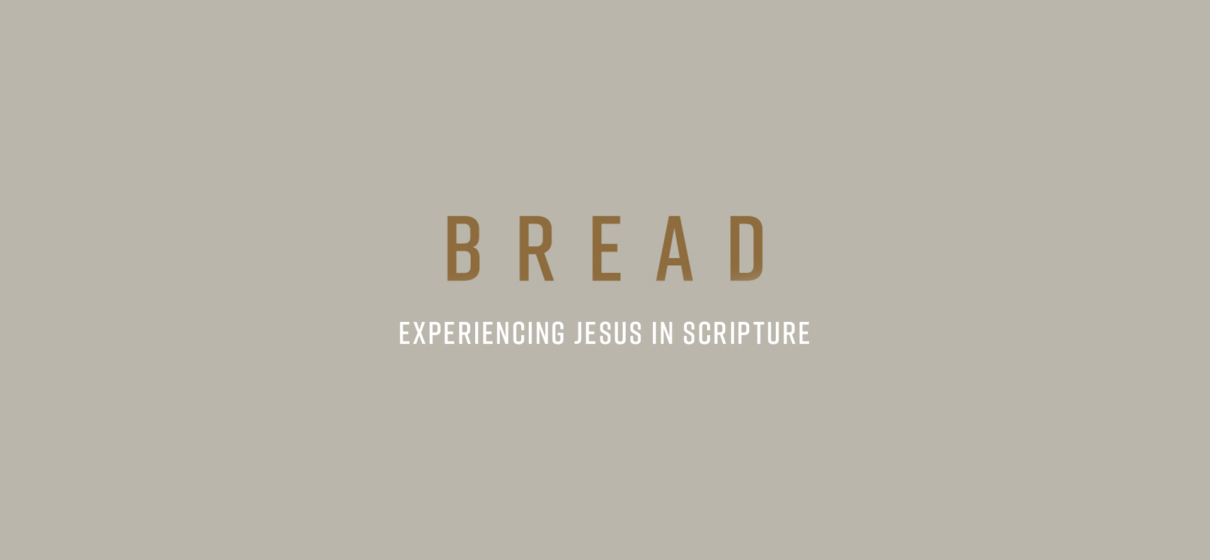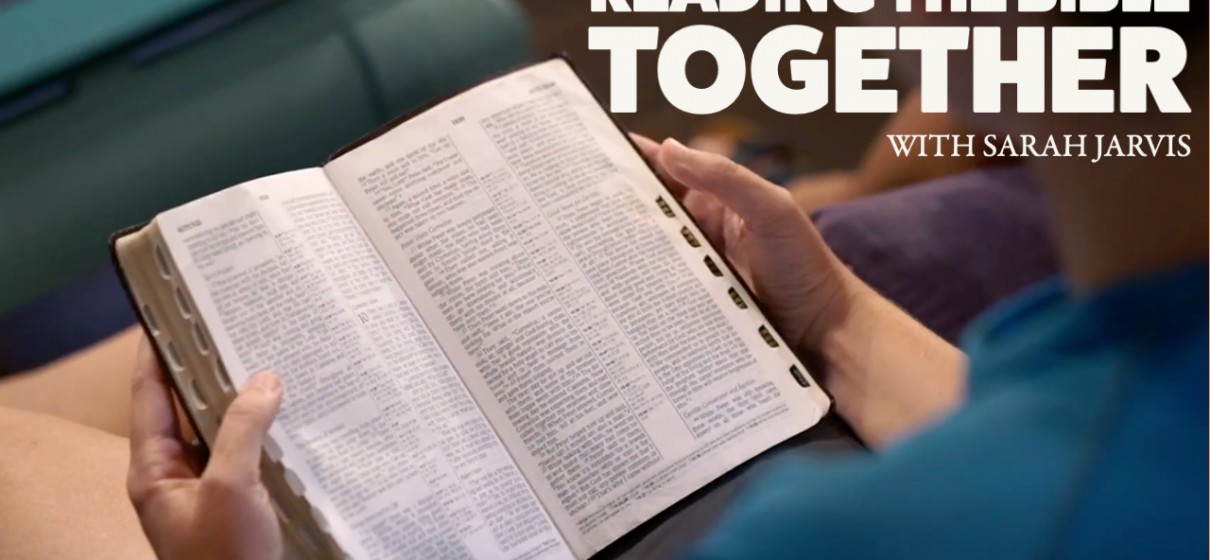How would you describe the way you read the Bible?
Do you read devotionally? Maybe you read most mornings as a spiritual practice, reading for inspiration, encouragement, and to feel closer to God.
Do you read to study? Maybe you like finding commentaries written by popular Bible teachers or scholars, puzzling through questions the text presents, and finding joy in the intellectual stimulation.
Or maybe you lead a small group and you primarily read the Bible “homiletically,” or for the purpose of teaching or proclaiming Scripture and its relevance for a person’s life.
Each of these ways of reading Scripture are helpful, and we will likely read in all these ways at different times. But, the Bible asks us to go further in how we read.
Psalm 1:2, painting a picture of the model reader says, “Happy are those who do not follow the advice of the wicked, or take the path that sinners tread, or sit in the seat of the scoffers; but their delight is in the law of the Lord, and on this they meditate day and night.” This entire chapter describes the model reader as one who meditates on the Bible for the purpose of living in obedience to God.
Happy are those who do not follow the advice of the wicked, or take the path that sinners tread, or sit in the seat of the scoffers; but their delight is in the law of the Lord, and on this they meditate day and night.
– Psalm 1:2
The Hebrew word our English Bibles translate as “meditate” is hagah. In Psalm 1:2 the use of this word conveys the idea of a wild animal, with intense focus, gnawing, chewing, tearing at, and eating its prey. This is not an emptying of one’s mind as some meditative techniques encourage, but instead a filling of one’s mind and heart with the words of God.
Eugene Peterson’s preferred metaphor for reading Scripture comes from Revelation 10:9, where an angel tells John, the writer of Revelation, to “eat this book.” Peterson writes that the phrase “eat this book” focuses attention on reading Scripture “in such a way that the Holy Spirit uses it to form Christ in us.” The focus of reading meditatively is not on knowing more, but becoming more. Reading meditatively is about seeking to live out and participate in the story the Bible is unfolding before us, to learn how to participate in the story of God through prayer, obedience, and love.
In his book, Eat This Book, Eugene Peterson offers an approach for reading Scripture meditatively. First, read the Bible. Read for devotion, study, or for teaching, but don’t stop there. Also meditate on the Bible. Choose a passage to sit with for at least a week, then ponder it, chew on it, wonder what it is saying about how God is asking you to live. Find Christ in the passage.
Dietrich Bonhoeffer wrote that while reading meditatively we should, “not look for new thoughts and interconnections in the text as you would in a sermon. Do not ask how you should tell it to others, but ask what it tells you. Then ponder this word in your heart at length, until it is entirely within you and has taken possession of you.”
After reading and meditating comes prayer. Prayer should progress out of our meditation on Scripture. But this is not simply reciting the words of Scripture. This is spending time praying through and elaborating on each verse.
For example, if you were praying through the Lord’s Prayer from Matthew 6, beginning with the first line (“Our Father in Heaven”), you might focus on the good Fatherhood of God. A parent might pray that the parenting of their children reflects more closely the perfect parenting of God. Praying through the third line of the Lord’s Prayer (“Your Kingdom come”), one may pray for the full consummation of God’s Kingdom on earth, when all will be right with the world, where God will wipe away every tear, where death will be no more, where there will be no more mourning, or crying, or pain.
Praying through Scripture in this way focuses a person’s heart on how he or she should live. Which brings us to Peterson’s fourth step in reading Scripture meditatively: living Scripture.
After reading, meditating on, and praying through Scripture, we may put our Bible back on our desk or shelf, but it should still be held in our mind and heart. In this way, when we leave our homes to go out into the world, we bring Scripture with us and enact Scripture in the world, blessing those we meet and participating in God’s Story through our love of neighbor and our love of God.
In this way reading becomes a banquet for ourselves and others.
So, go and eat!










